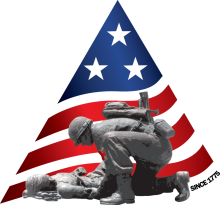Phase 3, Randomized, Double-Blind, Placebo-Controlled Study Evaluating The Efficacy And Safety Of A Human Monoclonal Antibody, Regn2222, For The Prevention Of Medically Attended Rsv Infection In Preterm Infants
This is a 2-part study. Part A is an open-label PK study of REGN2222 to determine the PK in preterm infants after a single dose to enable the selection of dosing regimens for Part B. It will also provide initial evaluation of safety and tolerability in infants. Because the primary goal of Part A is to determine the PK in infants for REGN2222 and not for efficacy, a placebo cohort and blinding of treatment are not required. At a dose of 30 mg/kg of REGN2222, it is expected that protection will be provided to the majority of infants during the RSV season. SAMMC will not participate in this portion of the trial as it is completed. Part B is a randomized, double-blind, placebo-controlled, study designed to evaluate efficacy, safety, monthly serum concentration of REGN2222, and immunogenicity of IM administration of REGN2222 in preterm infants who are not eligible, recommended, nor is access to palivizumab available. Up to 1515 subjects (1010 assigned to receive REGN2222 [505 subjects in each of the 2 arms] and 505 to receive placebo) are planned to be enrolled and randomized 1:1:1 into 3 arms. The study design is optimal for evaluating safety, efficacy, PK, and immunogenicity of 2 different dosing regimens of REGN222. The use of a placebo arm is justified because infants enrolled into the study would not receive less than standard of care for RSV prevention because only infants who are not eligible, recommended, nor is access available to receive palivizumab will be included in the study.

